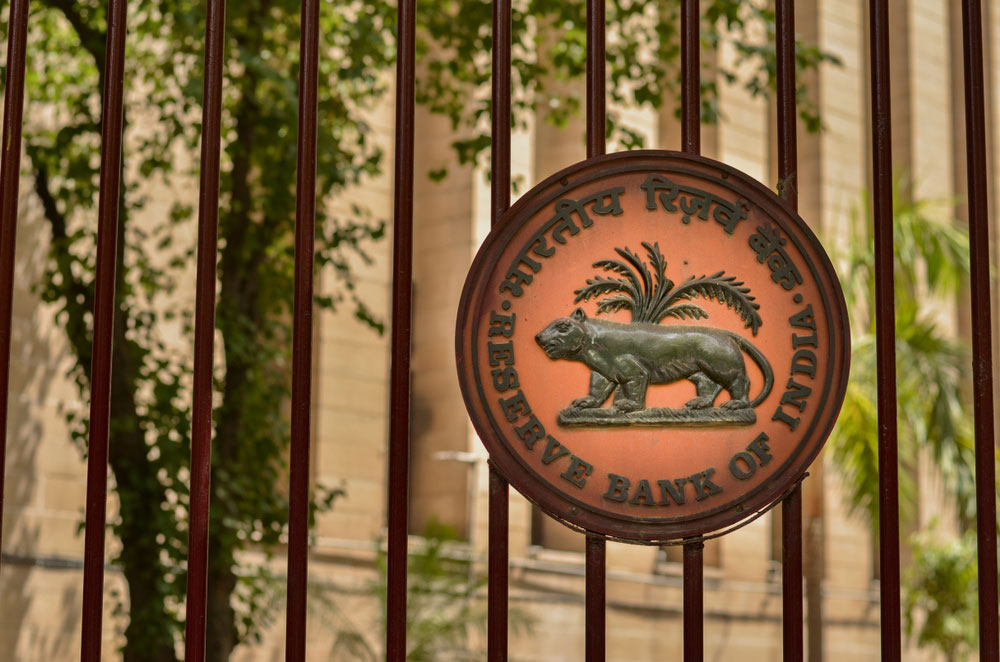The RBI on Monday said banks can avail themselves exemption from their cash reserve ratio (CRR) requirements for up to five years against incremental retail loans to automobiles, residential housing, and credit to MSMEs between January 31, 2020 and July 31, 2020.
Last week, the central bank had said it was allowing banks to deduct the equivalent of incremental credit disbursed by them to these sectors over and above the outstanding level of credit to these segments as at the end of the fortnight ended January 31, 2020 from their deposits for the maintenance of CRR.
CRR is that portion of bank deposits which must be maintained with the RBI. It stands at four per cent.
A circular of the banking regulator said the lenders can claim their first deduction from their net demand and time liabilities (NDTL) of February 14 for the amount equivalent to the incremental credit extended to the sectors as at the end of the fortnight ended January 31, 2020.
More importantly, it said an amount equivalent to the incremental credit outstanding from the fortnight beginning January 31 and up to the fortnight ending July 31 would be eligible for deduction from NDTL for the purpose of computing CRR for a period of five years. RBI added that this could be from the date of origination of the loan or the tenure of the loan, whichever was earlier.
After the RBI had announced the relaxation last week, there were questions on how CRR will be reckoned after July and whether the exemption be fully removed or continue for some more time.
“Overall, how these measures will lead to better transmission in the real economy remains unclear. Since the banking system has been in massive surplus for the past 8 months or so, further boost to supply (or liquidity) is unlikely to revive economic activity. Worrying though is that some lenders may be tempted to fund sub-prime projects or evergreen loans, thus creating further concerns over the medium term,” analysts at Motilal Oswal said in a report.
BoB cuts rates
Bank of Baroda on Monday announced a cut in its marginal cost of funds-based lending rates (MCLR) by up to 10 basis points across various tenors.
The revised rates will be effective from February 12. It will make make home, auto and other loans cheaper for its borrowers.
A statement from the state-owned lender said that following this reduction, one-year MCLR has come down to 8.15 per cent from 8.25 per cent. In most banks, home loans are benchmarked against one-year MCLR.
The reduction in MCLR by the bank comes despite the Reserve Bank of India leaving the repo rate unchanged at 5.15 per cent.











